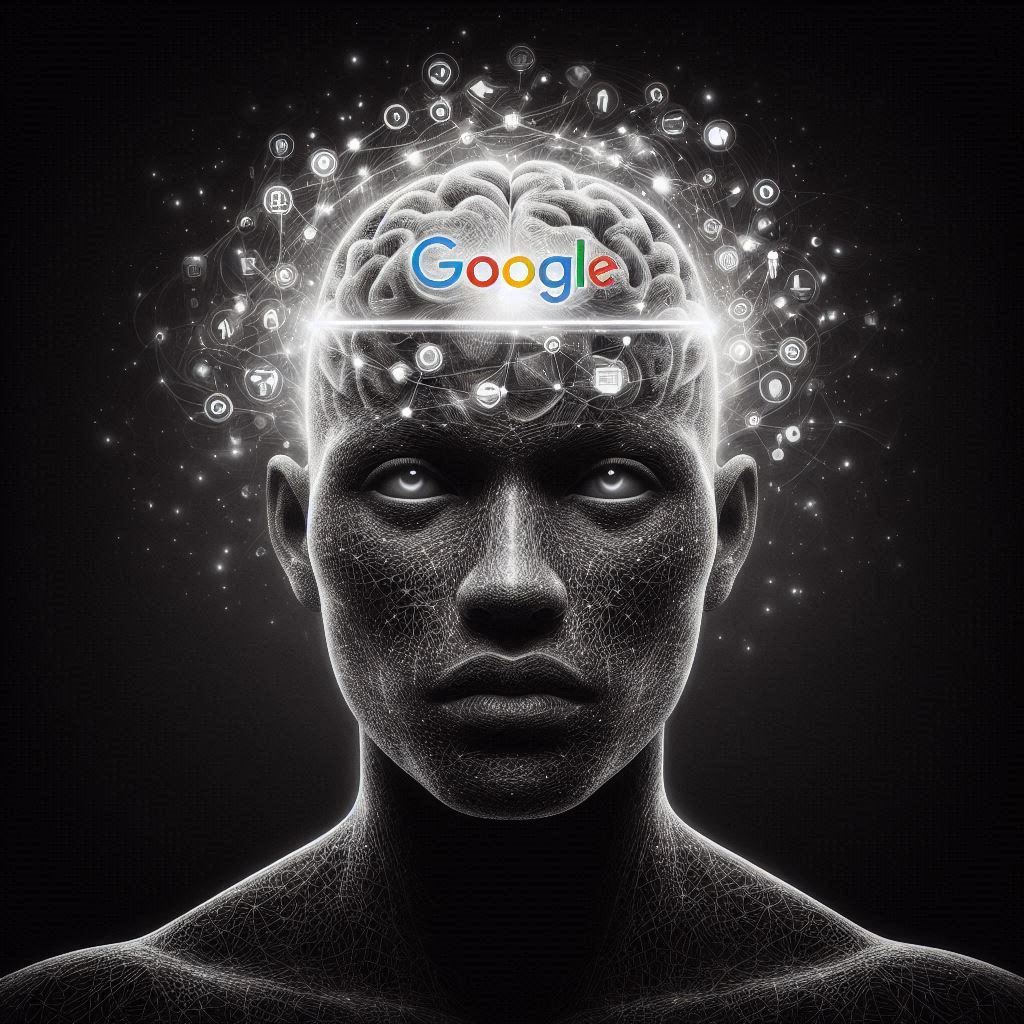The Google Effect – Organizing the World’s Information
Introduction: A World Before the Google Effect
Imagine the late 1990s. The internet was still young, chaotic, and overwhelming. Finding useful information online felt like looking for a single page in a library where books were thrown randomly across the floor. Search engines existed, but they were clunky, inaccurate, and often more frustrating than helpful.
Then came two graduate students from Stanford, Larry Page and Sergey Brin, who dared to dream differently. Instead of simply storing information, they asked a bigger question: What if the world’s information could be organized, ranked, and made universally accessible in seconds?
This dream didn’t just create a search engine. It created what we now call The Google Effect, the phenomenon of humanity relying on Google not only to find knowledge but also to shape memory, decision-making, and even society itself.
What is the Google Effect?
The Google Effect refers to our growing reliance on search engines, especially Google, as an external memory system. Rather than storing information in our brains, we store the ability to recall where to find it. Instead of memorizing details, we memorize search paths.
In psychology, this is known as digital amnesia, a shift in the way human beings interact with knowledge. Google doesn’t just provide answers; it fundamentally changes how we think, learn, and remember.
How Google Organizes the World’s Information
Google’s mission statement is simple yet ambitious: “To organize the world’s information and make it universally accessible and useful.” But how exactly does it achieve this?
- Crawling and Indexing
Google sends automated bots across the web to discover new pages and index them. Think of it as a librarian cataloging every book in the world, continuously, every second of the day. - Ranking Algorithms
Not all information is equal. Google’s PageRank algorithm and advanced AI models prioritize relevance, authority, and quality. This is why when you type “best Italian restaurant near me,” you don’t get a random Wikipedia article but tailored local results. - Personalization
Google uses machine learning to personalize search results based on location, preferences, and history, making the experience feel almost intuitive. - Universal Access
Whether it’s Google Translate breaking down language barriers, Google Maps guiding you to hidden alleys, or Google Scholar granting access to academic research, the company ensures that information isn’t just organized, it’s democratized.
The Psychological and Social Impact of the Google Effect
While the Google Effect has made knowledge more accessible than ever, it has also transformed human cognition and society:
- Memory Shift – People no longer feel the need to memorize facts. Instead, they focus on remembering how to retrieve them.
- Decision-Making – From shopping to medical advice, Google searches influence critical life choices.
- Cultural Impact – Google has become the gatekeeper of knowledge, shaping what information is visible and what remains hidden.
- Economic Power – Businesses depend on search rankings, giving Google immense influence over global commerce.

Read More: The Birth of Video Games – From Pong to a Multi-Billion Dollar Industry
Storytelling Example: The Student and the Search Engine
Take the story of Anna, a college student in 1998 writing a history paper. She spent days in the library flipping through dusty encyclopedias, cross-referencing footnotes, and manually typing out sources. Fast forward to 2025, her younger brother types a query into Google and has thousands of reliable sources within seconds, complete with citation tools, summaries, and AI-driven insights.
The contrast shows just how deeply the Google Effect has redefined the pursuit of knowledge.
The Future of the Google Effect
As AI continues to evolve, the Google Effect will become even more powerful. With tools like Google Bard, AI-driven search summaries, and predictive search, information will not just be retrieved but preemptively delivered. The line between human memory and digital knowledge is blurring faster than ever.
But this raises questions: Who decides what information gets prioritized? How do we protect against bias, misinformation, and overreliance? The Google Effect is both a marvel and a responsibility.
FAQs About the Google Effect
Q1: Does the Google Effect make us less intelligent?
Not necessarily. While it reduces the need to memorize facts, it frees cognitive space for creativity, problem-solving, and critical thinking.
Q2: Is the Google Effect only about memory?
No, it’s also about decision-making, cultural influence, and how societies collectively organize knowledge.
Q3: How does the Google Effect impact education?
It transforms learning methods. Students focus more on analysis and application since factual recall is just a search away.
Q4: Can we live without Google today?
Technically yes, but practically no. Entire economies, businesses, and daily tasks are built around the accessibility Google provides.
Conclusion: Living in the Age of the Google Effect
The Google Effect is more than a technological shift, it’s a human revolution. It changed how we think, how we learn, and how we make decisions. Google didn’t just organize the world’s information; it reshaped humanity’s relationship with knowledge itself.
We live in an age where information is no longer hidden in the back corners of dusty libraries but instantly available to anyone with an internet connection. Yet with this power comes responsibility. The challenge ahead is not only to use the Google Effect but to use it wisely, critically, and creatively.
In the end, the question is not whether Google changed the world, it’s how we choose to navigate the world it has created.





Pingback: The Rise of Personal Computers: Apple, IBM, and the Home Tech Boom - Latest AI/Tech Info